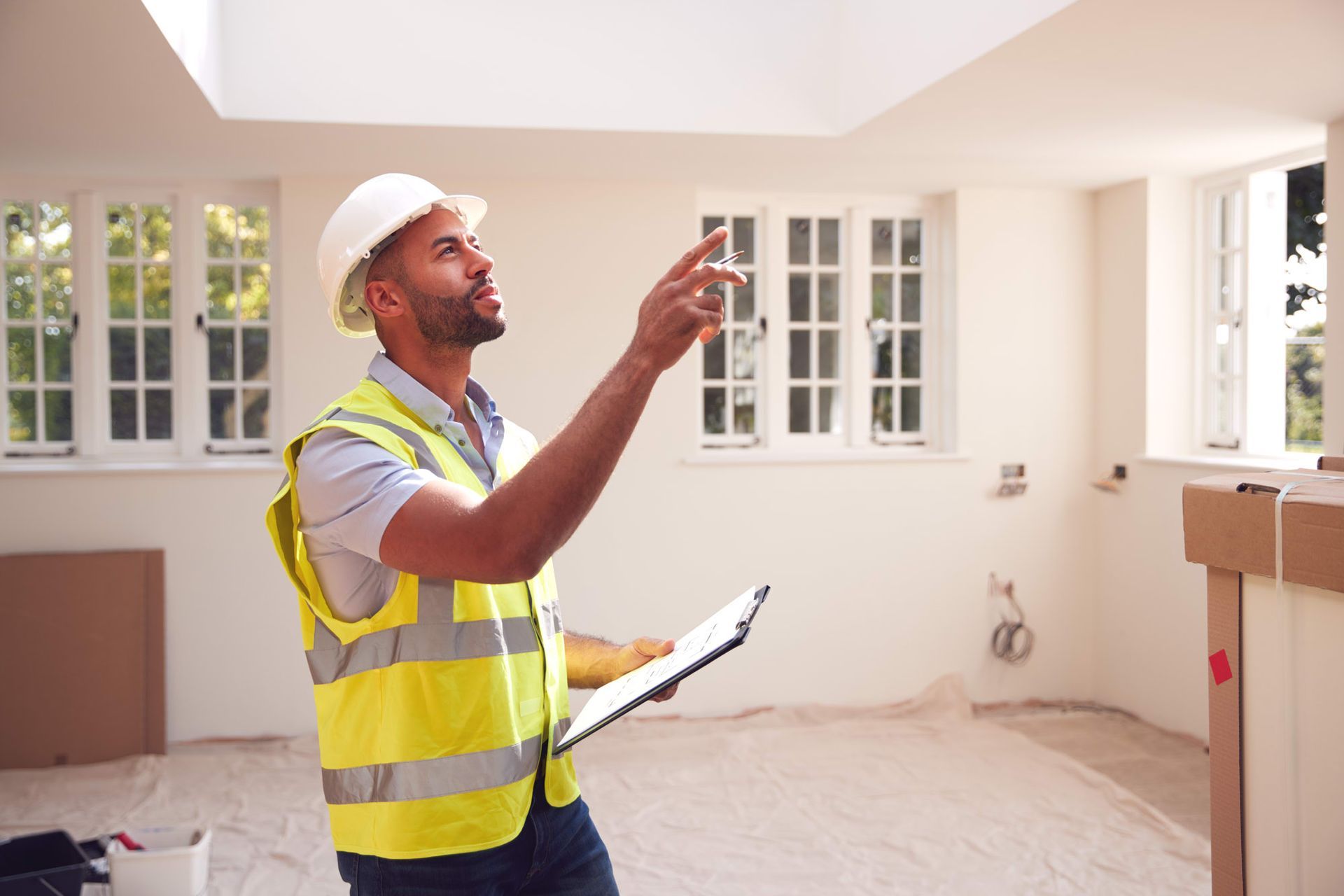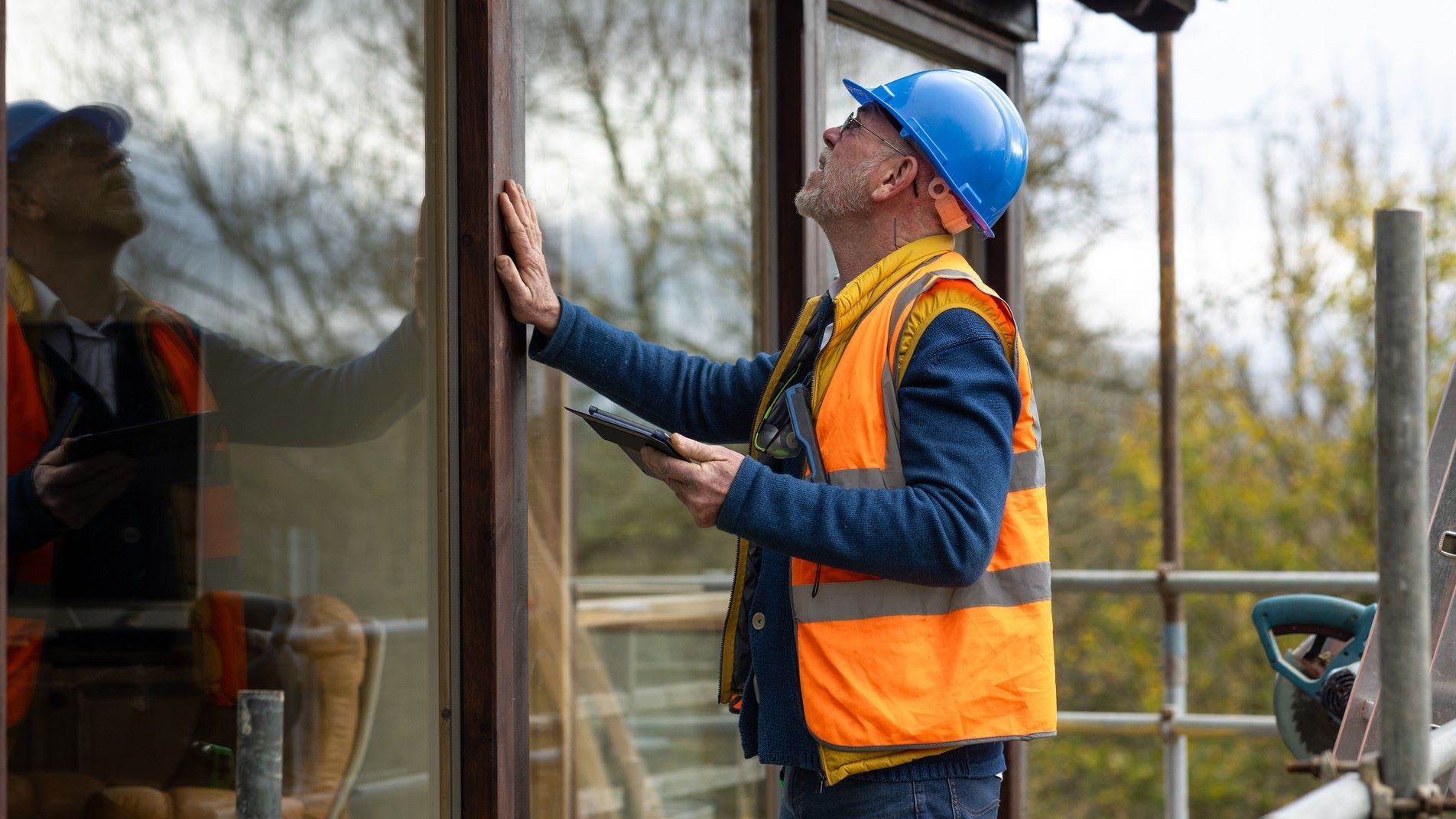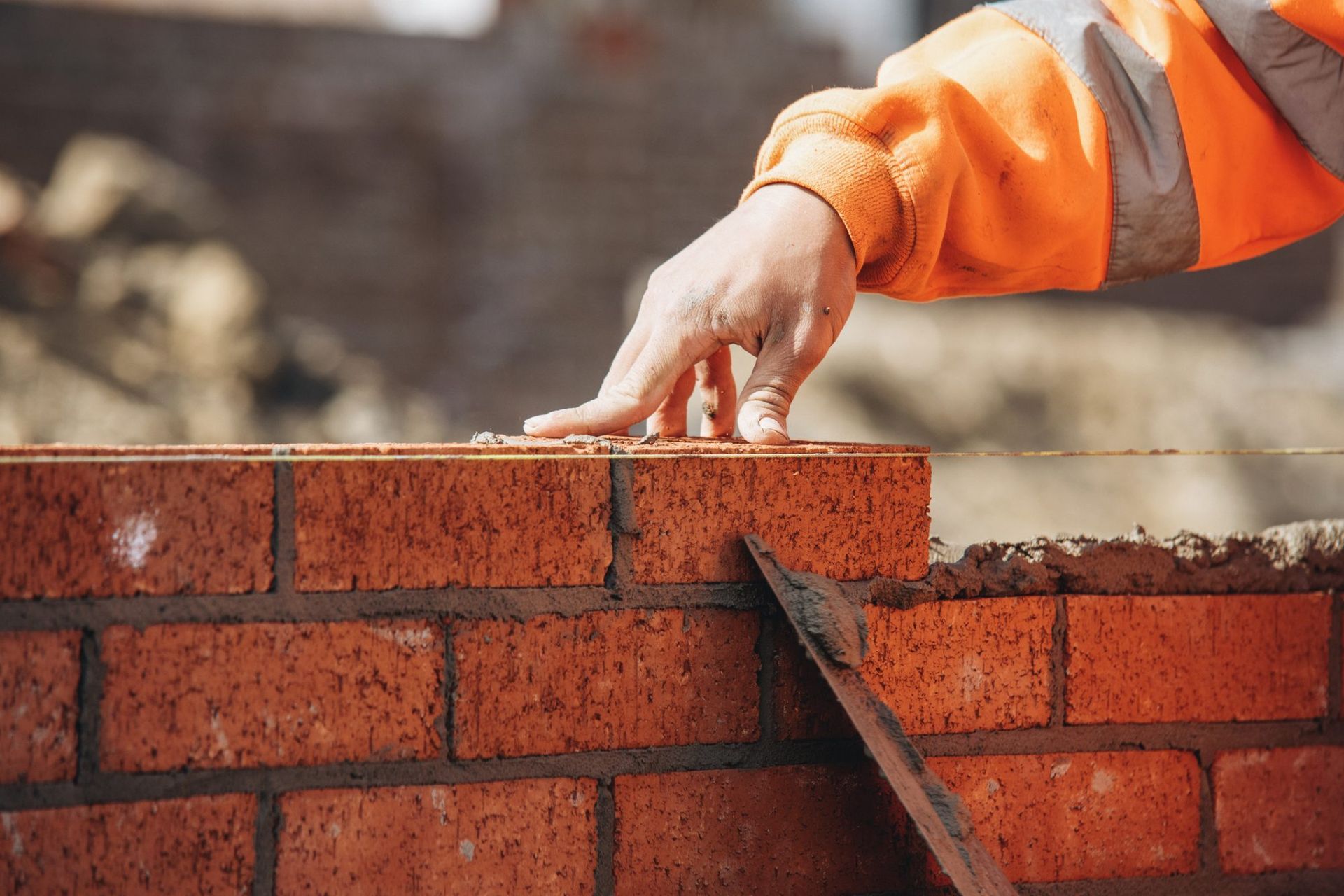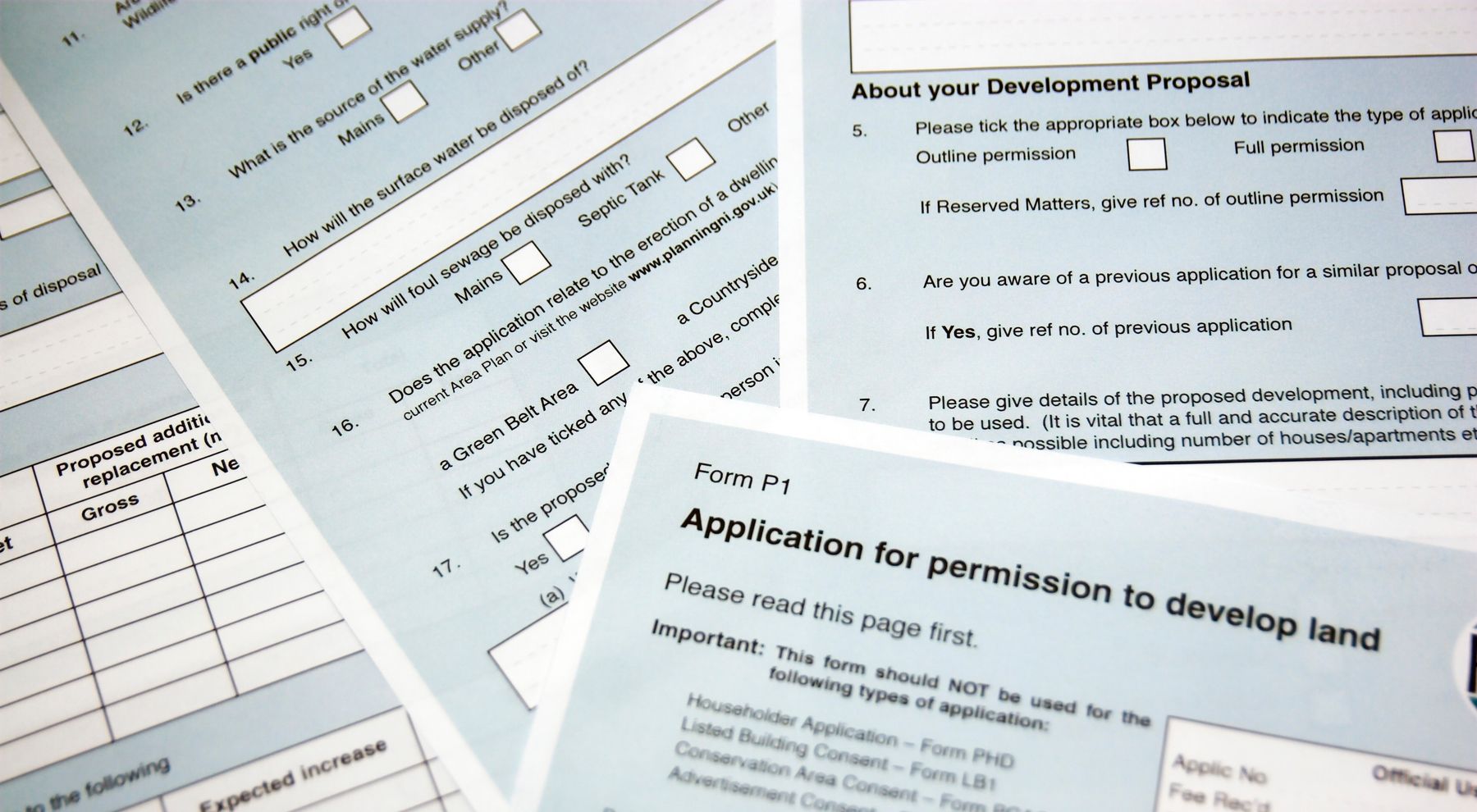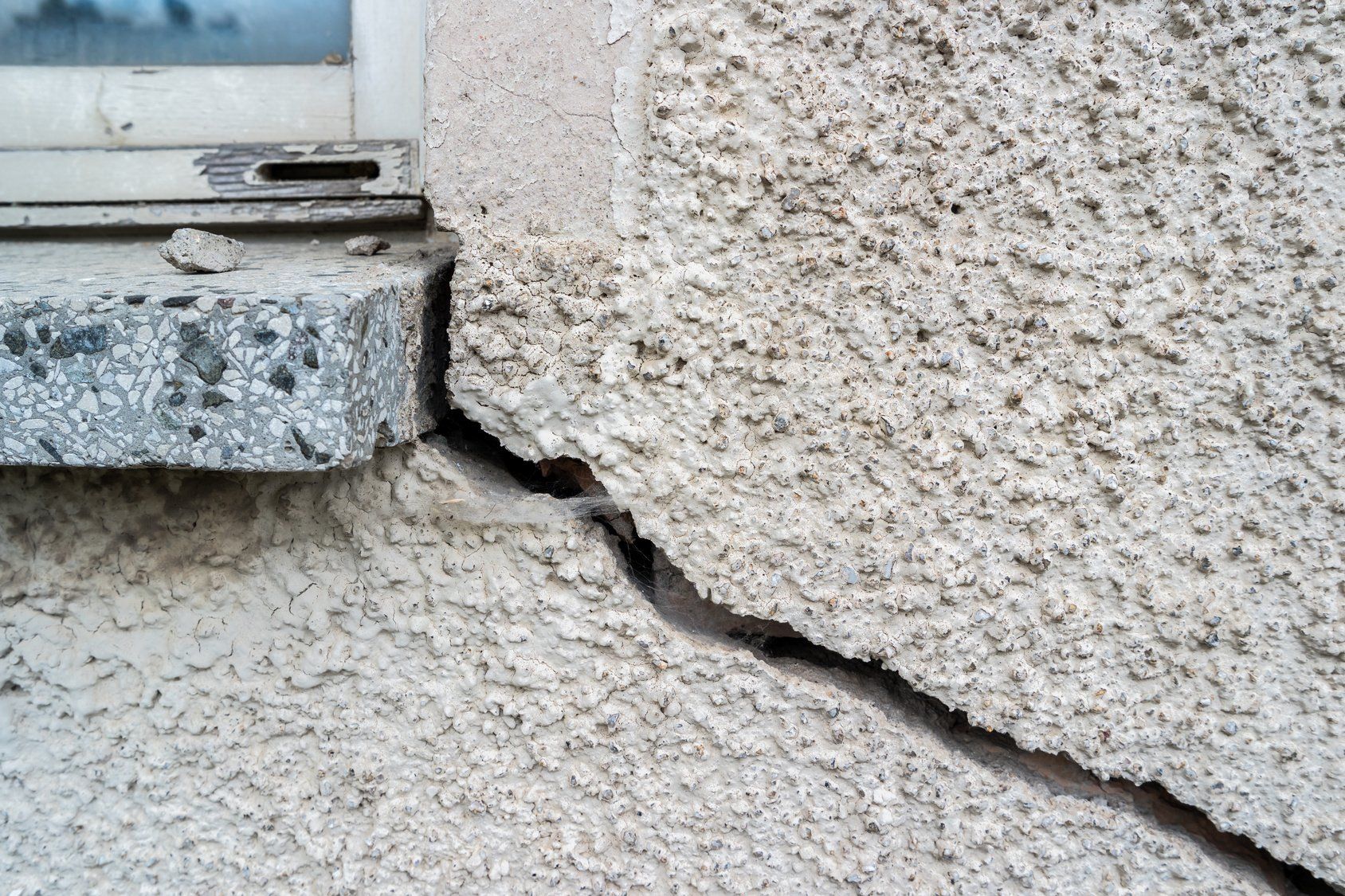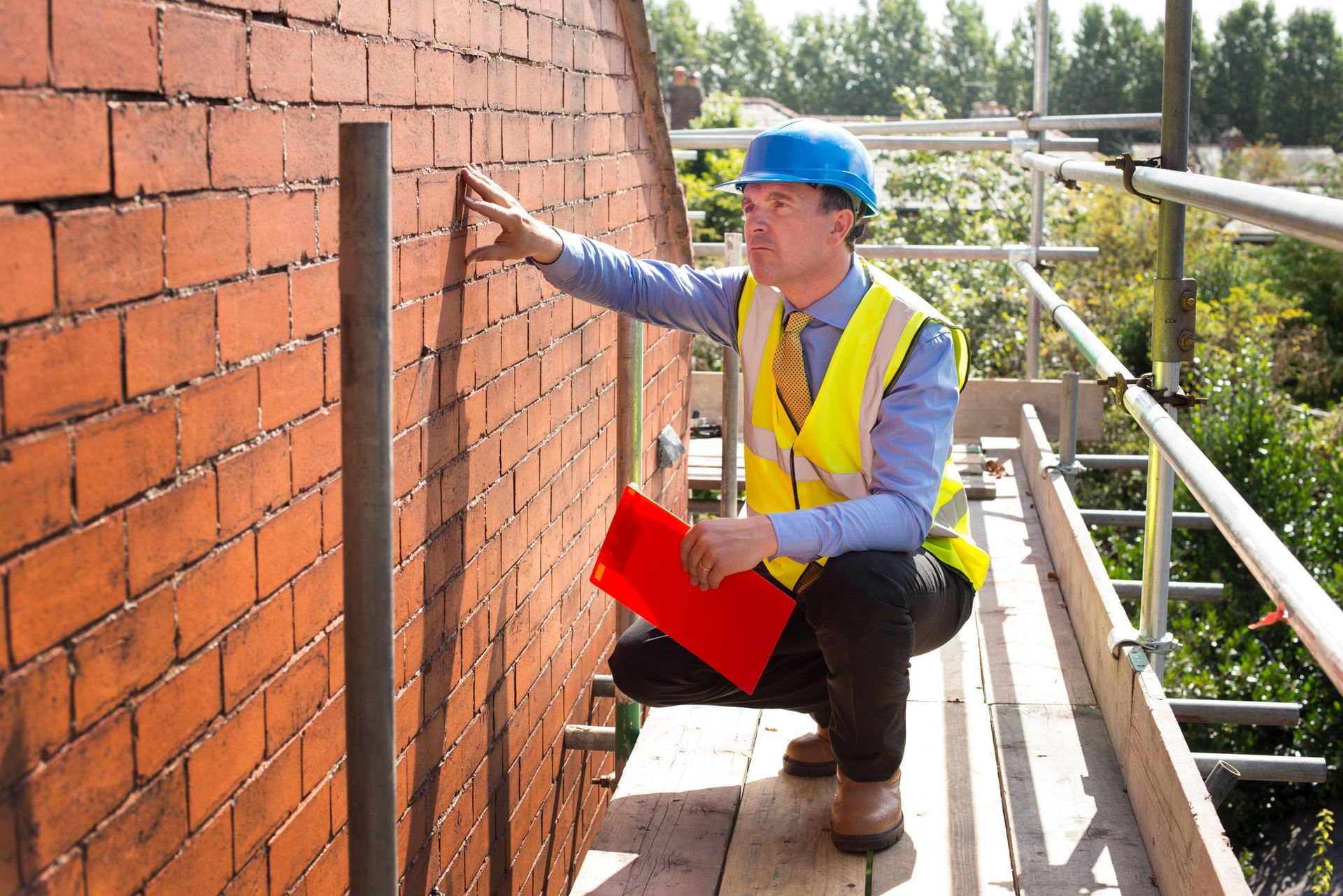Frequently Asked Questions About Property Surveys Answered
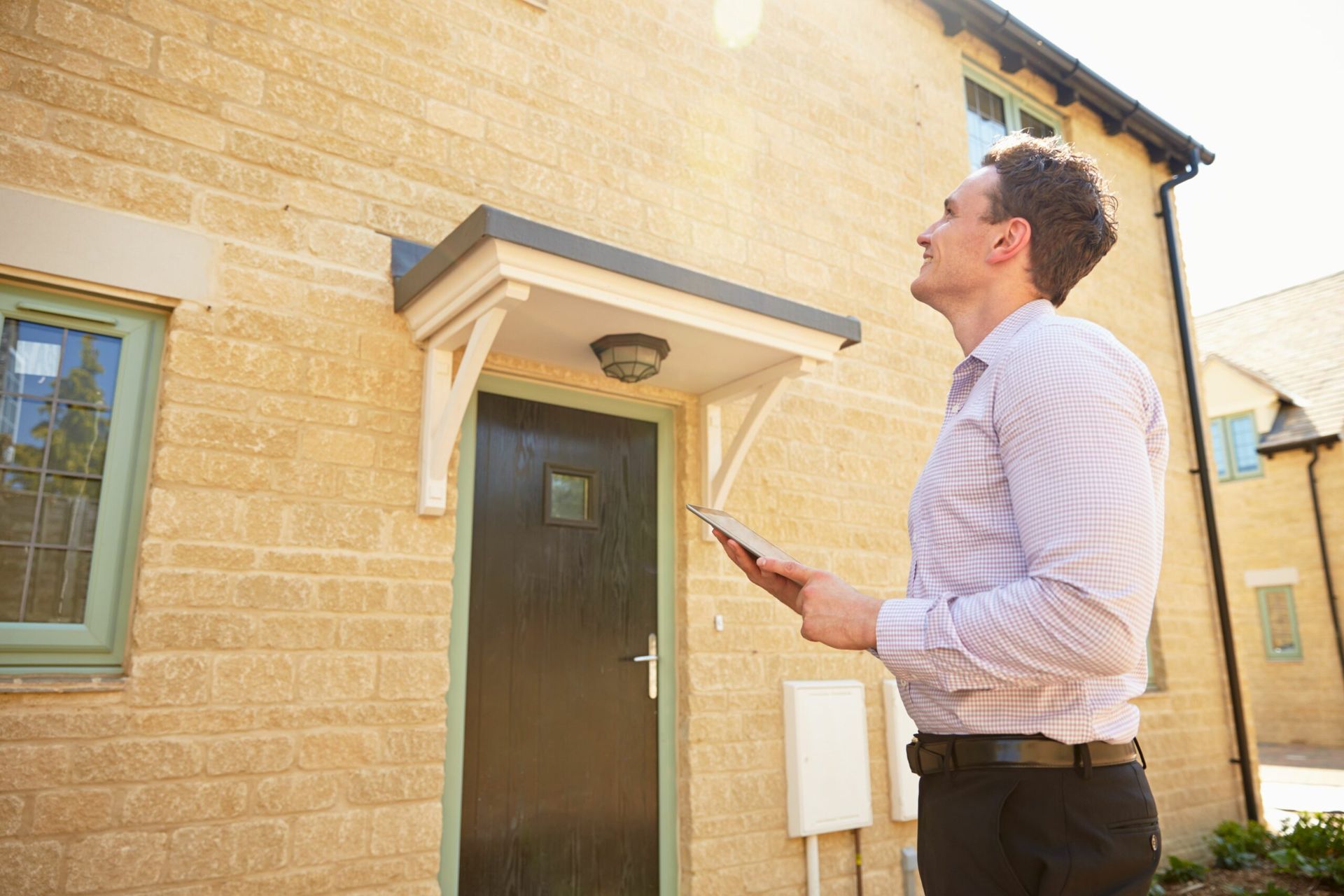
As a common part of buying a new home or premises, property surveys can be useful for prospective buyers, helping them to learn more about the place they’re considering purchasing. It’s natural, therefore, to have questions about what property surveys are, and how they can help you. In this article from Simon Levy Associates, you can discover the answers to some of the most common questions related to property surveys.
What is a property survey?
A property survey refers to any survey that is carried out to identify issues within a property. Generally, these are conducted by chartered surveyors as experts, who can identify defects, risks and problems with the property’s structural integrity. Using this, considerations can be made as to whether the property is a worthwhile investment or as to how the repairs should be carried out.
Are there multiple types of property surveys?
In short, yes! Property surveys come in many forms, as each one is designed for a different purpose or created to best benefit a different audience. In this section, you can discover the types of property surveys that may be available to you. If you still feel unsure about which property survey you might need, feel free to reach out to our team at Simon Levy, who would be happy to provide advice, support and recommendations.
Condition Reports
Eager to learn more about the basics of your property? Condition Reports can give brief descriptions of a property’s features and faults, which is why these reports are often best used for newly built properties, rather than those that need large amounts of repair. Condition Reports are also typically used more often for domestic properties rather than commercial, so bear this in mind if you’re considering a property survey.
HomeBuyer Reports
One of the more popular types of property surveys, HomeBuyer Reports is commonly used by homeowners and prospective buyers to learn more about the condition of a specific property in a non-intrusive manner. The surveyor will look around the visible areas of a property, giving an overview of any serious problems that have been detected. Typically, these are used for contemporary properties in relatively good condition.
Full Building Surveys
As the most detailed type of property survey, Full Building Surveys are the most thorough example of a property survey. It’s most common to get a Full Building Survey for properties that have special features or are particularly old and/or large. These surveys help to provide prospective buyers with a full understanding of a property, helping to uncover unseen risks that may be hiding beneath the surface.
What is included in a property survey?
While the different types of property surveys will generally include different checks as part of their service, it can be helpful to know a bit more about what may be inspected. Knowing that a particular problem area will be inspected can put your mind at ease, especially if you’ve had issues in that particular area before. Read on to find out which areas may be checked and why.
Roof
Inspections for the topmost part of a property are carried out as part of some property surveys, due to the risks and problems that can be discovered in this area. In some cases, a roof inspection may be recommended, depending on the overall condition of the property or the roof specifically.
Some potential problems in or around the roof that can be identified by specialists include:
● Instability
● Pooling
● Asbestos
● Leaks
● Problems with the tiles
Structure
Another area of a property that may be inspected during a property survey is the structure. Typically, this will always include a visual inspection, detecting problems such as dampness or cracks. Often, these visual issues can indicate further problems have arisen, such as subsidence or leaks. As a vitally important part of any property, an inspection carried out by specialists can provide the owner or prospective buyer with the knowledge they need to resolve the problems.
Bathroom Fittings
During certain property surveys, the surveyor may inspect the bathroom fittings installed within the property. This is because the plumbing found within the property can become damaged or present existing issues. Unchecked, plumbing problems can lead to major leaks and water damage, making them an essential area for thorough inspections.
Other Features
Some properties may have unusual features, which still need to be checked over during a property survey. A thorough inspection should include these unusual features, including fireplaces, to help the property owner or buyer understand a bit more about the condition of the feature and how it is impacting the rest of the property.
If you’re considering paying for a property survey, it’s important to first ensure the level of inspection is suitable for the property and your needs. If you feel unsure of which survey you might need, speak to our professionals at Simon Levy, who can provide you with top-quality advice.
Which types of properties can be surveyed?
Property surveys can be used to inspect the condition of both commercial and domestic buildings, making them versatile and highly applicable services. Domestic and commercial properties are surveyed to establish whether they’re safe to use for their intended purpose and whether they might cause harm to any new residents because of existing or ongoing faults.
When might I need a structural survey?
Generally, there are two main occasions on which you might want to order a structural property survey. In this section, you can discover when you might want a structural survey and why it may be beneficial during that particular time.
Before Buying a Property
For prospective property owners, it’s a great idea to make sure that the property they would like to purchase is a worthwhile and sensible investment. To give them an idea of what might be hidden beneath the visible surface of a home, many prospective buyers choose to opt for structural surveys. In doing so, they can get a realistic idea of the property’s true condition, allowing them to weigh up the benefits of a purchase.
Before Making Changes to Your Property
Contrastingly, many property owners use structural surveys to discover more about their existing buildings. Often these can be carried out if major changes are to be made to a property, such as an extension or renovation. A structural survey can let the property owner know if the structure can support the proposed change, helping to ensure that work can go ahead safely.
What are the benefits of getting a property survey?
If you’re considering ordering a property survey, it can be helpful to learn a bit more about the benefits of their use. By learning more, you can more accurately understand where a property survey might be right for your needs. Read on to find out the key benefits below.
Provides Repair Estimates
Occasionally, the right property for you might need some work first. By getting a property survey, you can learn more about the extent of damage in a property, helping to provide you with an idea of what the repairs may be. With this information, you can then work out the extra costs you may need to pay, helping you to decide whether the investment is a sensible idea.
Reduces Future Risk
While many issues might not be apparent currently, there may be some risks around your property that can result in later issues. Tree roots, for example, can often grow beneath your property if positioned too close to the building, resulting in major problems such as subsidence. During a property survey, a surveyor will be able to make a report of features that may become a problem if left unchecked, helping you to guard against future issues.
Who should I contact for a property survey?
From commercial surveying to full house surveys, Simon Levy Associates has a range of property surveys to ensure your prospective or existing property is in top shape. As experienced chartered surveyors, we have the expertise needed to thoroughly investigate the condition of a property and to produce an accurate survey report as a result. Please visit our website to learn more about us at Simon Levy Associates or get in touch with our team directly for further advice or support.

